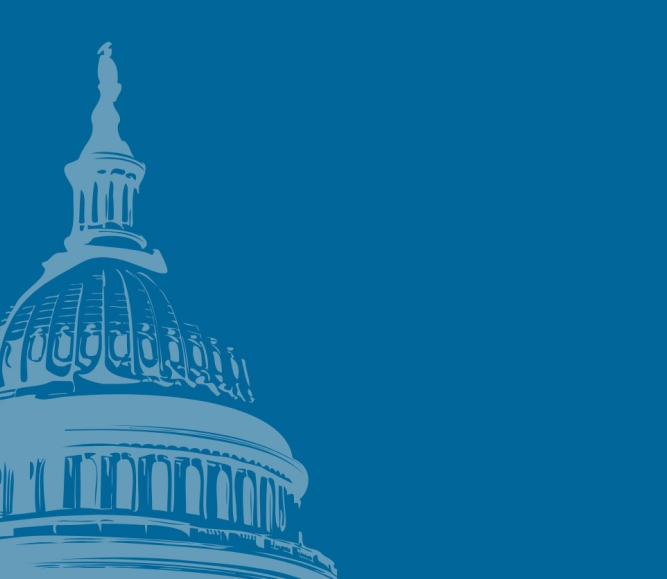House advances measure with resources for county veteran service officers
Author
Upcoming Events
Related News

Key Takeaways
On November 18, the U.S. House of Representatives passed, on a bipartisan 389-9 vote, the Senator Elizabeth Dole 21st Century Veterans Healthcare and Benefits Improvement Act (H.R. 8371), known as the Dole Act. The legislation pulls together several bipartisan bills that aim to improve in-home care for veterans, increase mental health resources for caregivers and improve access to disability benefits.
Included in the Dole Act was a pared-down version of the NACo-endorsed Commitment to Veteran Support and Outreach Act (H.R. 984/S.106) (CVSO Act), which would authorize $10 million per year over the next two fiscal years to expand and strengthen County Veteran Service Officers (CVSOs).
The CVSO Act provision would:
- Authorize competitive grants, administered through the state, to expand the work of CVSOs or comparable entities to improve outreach to veterans, enhance the preparation, presentation, and prosecution of veterans’ benefits claims, hire additional CVSOs, and train CVSOs for VA accreditation
- Prioritize funding for areas with high rates of veteran suicide, Veteran Crisis Line referrals, or CVSO shortages
- Require grants to supplement, not supplant, state or local funding
- Instruct the VA to develop outcome measures, track the use of benefits among populations served by grants, and report to Congress annually
Impact on Counties
Operating in 29 states, CVSO’s are responsible for helping veterans obtain more than $50 billion annually in federal health, disability, pension and compensation benefits. Though CVSOs’ primary focus is helping veterans navigate the federal benefits system, these offices are currently funded almost entirely by counties, which creates challenges for areas with high demand or counties that serve veterans in rural areas. Local resource constraints can significantly hinder the ability of county governments to expand CVSO staff and services to sufficiently meet rising caseloads, resulting in long waiting lists that compound ongoing backlog issues at the VA.
Next Steps
The Dole Act will now go to the Senate for consideration. Time will be a factor, with around 15 in-session days left and several competing priorities, including the National Defense Authorization Act (NDAA) and funding for the federal government expiring on December 20.
NACo urges you to reach out to your Senators to pass the Dole Act, which includes a version of the CVSO Act. This would enable counties to better meet the needs of local veterans and is especially critical given the significant expansion of VA benefits under the recently enacted Honoring Our Pact Act.
Resource
Authorize Resources for County Veteran Service Officers (CVSOs)

Related News

National Association of Counties Launches Initiative to Strengthen County Human Services Systems
The National Association of Counties (NACo) announces the launch of the Transforming Human Services Initiative, a new effort to help counties modernize benefits administration, integrate service delivery systems and strengthen county capacity to fulfill our responsibility as America’s safety net for children and families.

National Association of Counties Reinforces Intergovernmental Partnership in Response to State of the Union Address
The National Association of Counties (NACo) responded to President Trump’s State of the Union address with a statement from Executive Director Matthew Chase.
